Yemeni drones attack air base, airport in Saudi Arabia: Military
Yemeni armed forces, backed by allied fighters from Popular Committees, have launched fresh retaliatory attacks against Saudi Arabia, targeting Abha International Airport and King Khalid Air Base in southwestern region of Asir.
Spokesman for Yemeni Armed Forces, Brigadier General Yahya Saree, said in a post published on his Twitter page that three domestically-manufactured Sammad-3 (Invincible-3) and Qasef-2K (Striker-2K) combat drones struck designated targets inside the sites with great precision early on Friday.
مجددا سلاح الجو المسير يتمكن بفضل الله من استهداف مواقع هامة في قاعدة الملك خالد الجوية ومطار ابها الدولي فجر اليوم بثلاث طائرات مسيرة نوع صماد 3 وقاصف 2k وكانت الإصابة دقيقة بفضل الله
— العميد يحيى سريع (@army21ye) March 5, 2021
يأتي هذا الاستهداف ردا على تصعيد العدوان وحصاره المتواصل على شعبنا العظيم
He added that the airstrikes come within Yemen’s legitimate right to respond to the Saudi devastating war and all-out blockade against Yemeni people.
The latest drone strikes came a few hours after the Yemeni army forces and allies launched a ballistic missile at the southwestern Saudi port city of Jizan.
The Saudi-led coalition said it had intercepted and destroyed the missile.
On Thursday, Yemen’s military said it launched a missile attack against Saudi Arabia’s Aramco oil facility in the kingdom’s Red Sea city of Jeddah.
Saree said on Twitter that a Quds-2 cruise missile had hit the economically strategic site and the strike was accurate.
The senior Yemeni military official noted that the missile attack was in retaliation for a six-year military campaign led by Saudi Arabia in Yemen.
Two civilians in Saudi-backed shelling of Ta’izz
At least two civilians were killed and ten others injured when artillery shelling targeted an area in Yemen’s southern coastal province of Ta’izz.
A local security source, speaking on condition of anonymity, said Saudi-led militants carried out heavy artillery shelling on al-Jumlah area in the Salh district of the province on Thursday evening.
Russian FM Lavrov invited to Sana’a
Mohammed Ali al-Houthi, a member of Yemen's Supreme Political Council, has extended an invitation to Russian Foreign Minister Sergei Lavrov to visit Sana’a and obtain a more detailed understanding of Yemen's humanitarian crisis.
“We invite the Russian foreign minister, who plans to undertake a regional tour between March 8 and 12, to visit Sana’a to learn about security and stability [here in Yemen],” he wrote on Twitter on Thursday.
Lavrov will visit the United Arab Emirates, Saudi Arabia and Qatar on March 8-12 to discuss coordination on energy markets, the Interfax news agency reported on Thursday.
The Yemeni official called on Lavrov to reopen the Russian embassy in Sana’a instead of visiting the Saudi capital Riyadh, in order to acquire an in-depth understanding of the catastrophic humanitarian situation in Yemen as a result of the aggression being waged by the Saudi Arabia, United States, Britain, the United Arab Emirates and their allies.
Back in December 2017, Russia closed its embassy in Sana’a and evacuated its diplomats from the Yemeni capital.
The United Nations says Yemen has the world’s largest humanitarian crisis, with 80 percent of the country’s 30 million people needing some form of aid or protection. About 13.5 million Yemenis currently face acute food insecurity, UN data shows.
Last month, United Nations Under-Secretary-General for Humanitarian Affairs and Emergency Relief Coordinator Mark Lowcock said some 16 million people in Yemen were going hungry and five million of those people were “just one step away from famine.”
Some 400,000 children under the age of five are severely malnourished, he said.
“Those children are in their last weeks and months,” he warned. “They are starving to death.”
Saudi Arabia and a number of its regional allies launched the war on Yemen in March 2015, with the goal of bringing the government of former president, Abd Rabbuh Mansur Hadi, back to power and crushing the popular Ansarullah movement.
The Yemeni armed forces and allied popular groups have, however, gone from strength to strength against the Saudi-led invaders, and left Riyadh and its allies bogged down in the country.
Democrats press Trump to explain rationale behind new Iran strike amid warnings about dire risks
VIDEO | Press TV's news headlines
VIDEO | Ex-UK envoy to US arrested by British police
Department of Justice withholds, removes Epstein files that reference Trump: Probe
FM says historic opportunity at hand for unprecedented deal; vows Iran will defend sovereignty
Aid groups challenge Israeli ban that could starve Gaza, West Bank
Hamas denounces Israel’s threats to destroy resistance, slams ceasefire violations
Lebanese army orders troops to return fire after Israeli attack near border post




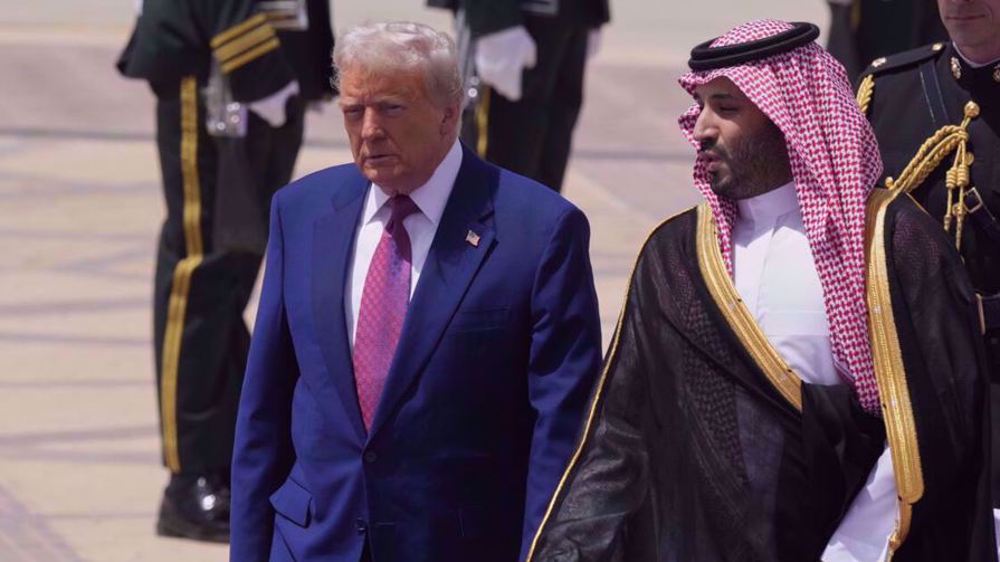
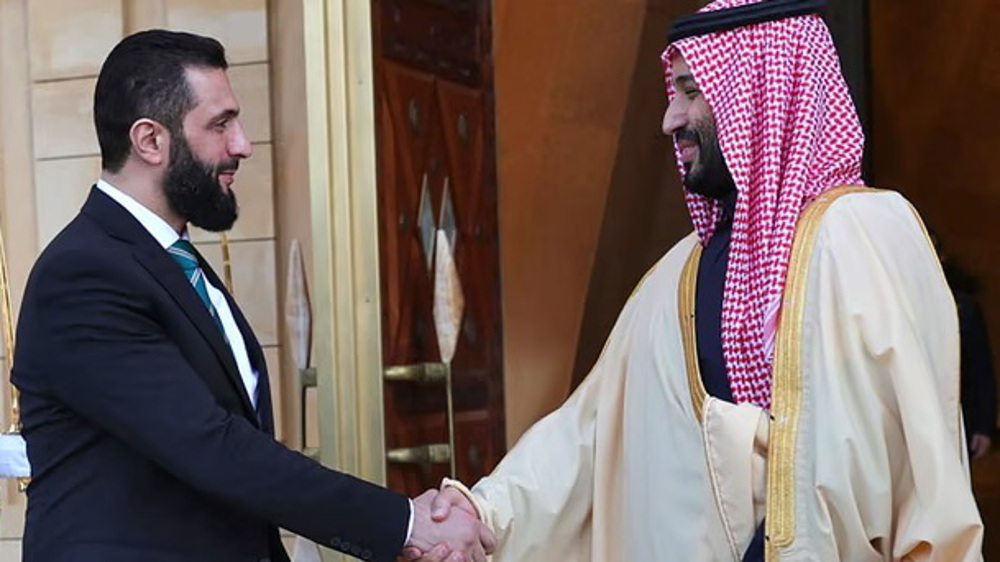
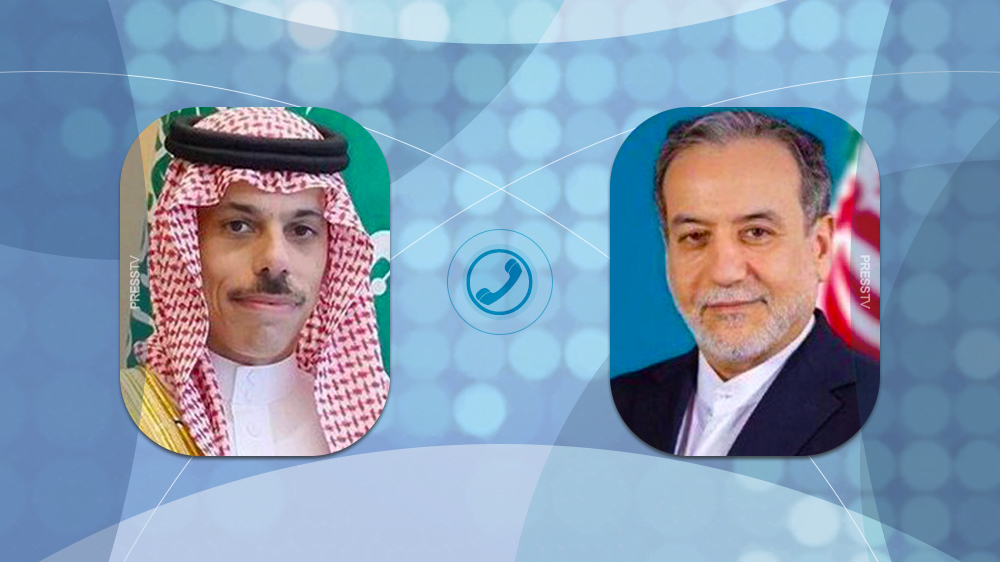




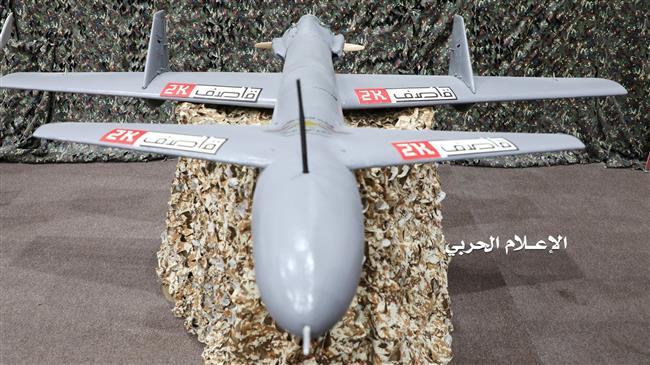


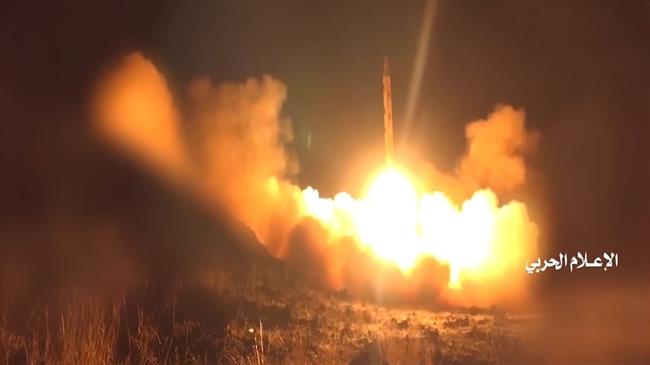
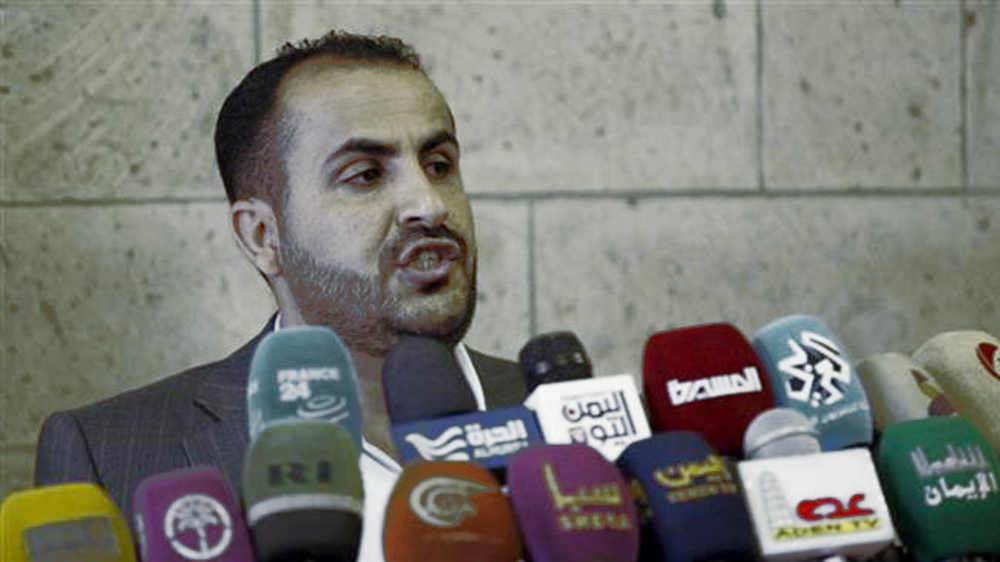



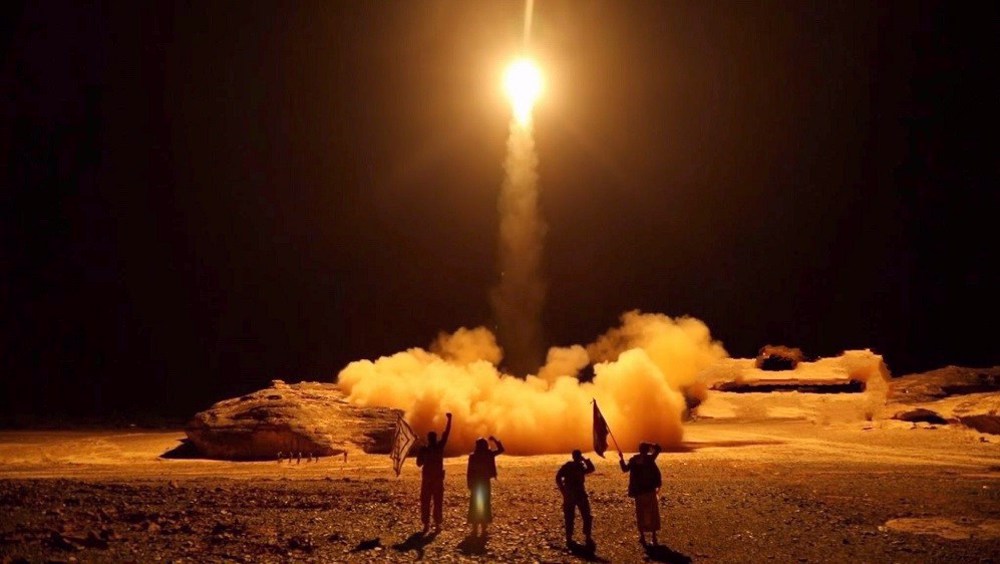

 This makes it easy to access the Press TV website
This makes it easy to access the Press TV website